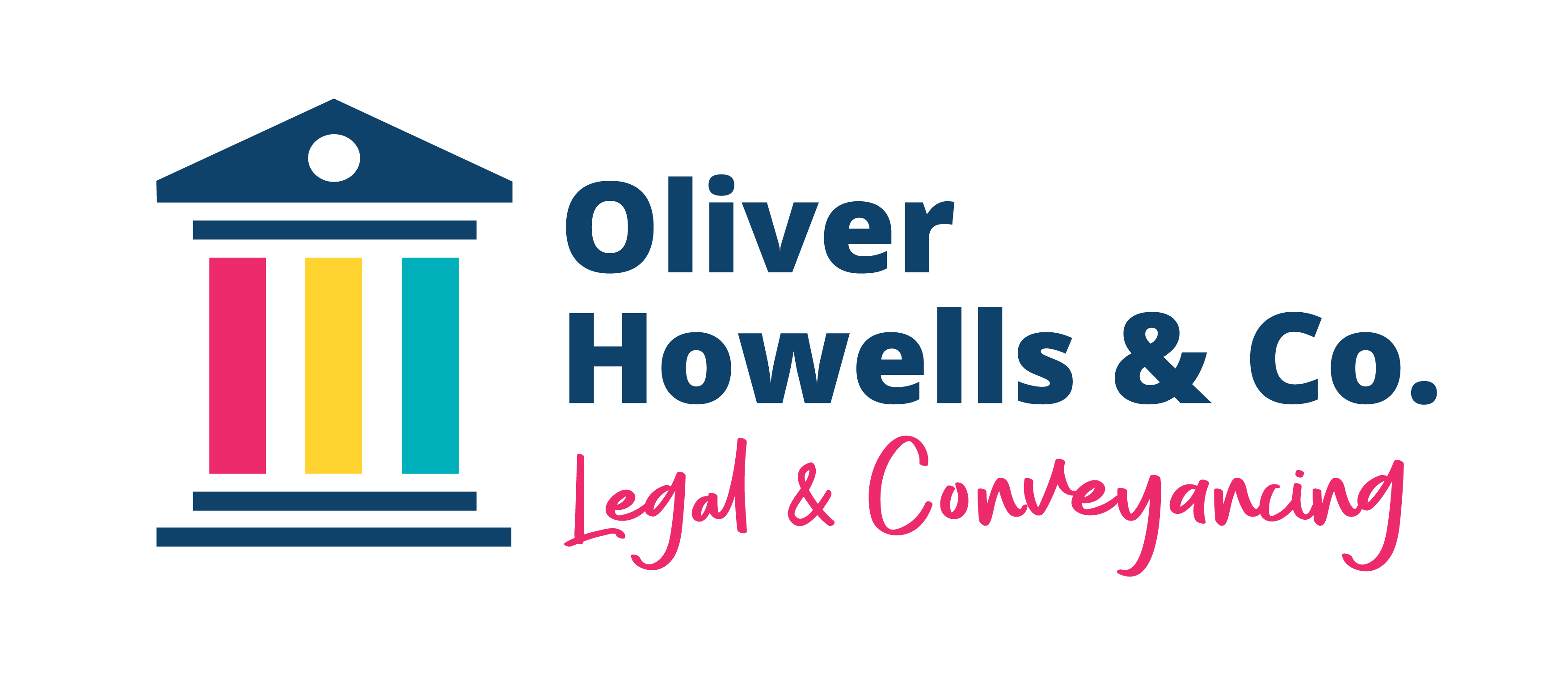
Estate Planning 101: Unlocking Peace of Mind and Securing Your Legacy
Life’s a bit like a rollercoaster. There are twists, turns and surprises around every corner – some expected, some not so much. That’s why we’re exploring the world of estate planning. In this post, we’re diving into why estate planning not only safeguards your assets but also paves the way for a legacy that goes beyond your own time. Right, let’s get into it.
Understanding Estate Planning: A Holistic Approach
Estate planning is more than a legal endeavour; it’s a holistic approach to securing your future and the futures of those you care about. At its core, estate planning involves creating a strategy to manage your assets during your lifetime and ensuring a seamless transfer of wealth to your chosen beneficiaries after you’re gone.
While it’s tempting to think of estate planning as a task for older generations or only the wealthy, the truth is that it’s a crucial step for anyone who wishes to exercise control over their assets and protect their loved ones.
The Pillars of Estate Planning NSW
1. Your Will
At the heart of any estate plan lies your last will —a legal document that outlines how you wish your assets to be distributed upon your passing. It not only designates beneficiaries for your property but also names guardians for minor children, if applicable.

A will can also include details on your funeral, make provisions for your pets and let you choose your preferred executor. If you don’t have a will, NSW intestacy law sets out who will inherit your estate – potentially leading to unintended consequences.
If you’re outside of NSW, find your state below for more information:
Dying without a will in Queensland
Dying without a will in Victoria
Dying without a will in Tasmania
Dying without a will in South Australia
Dying without a will in Western Australia
Dying without a will in the Northern Territory
2. Power of Attorney
Estate planning extends beyond the distribution of assets and includes considerations for potential incapacitation. A power of attorney allows you to designate someone to make financial or legal decisions on your behalf if you cannot do so. This ensures that your wishes are respected, even in challenging circumstances.
In NSW, there are two types of attorneys. A general attorney is usually given for a specific period – for example, if you’re in hospital for a few weeks and want someone to manage your affairs.
On the other hand, an enduring attorney allows you to appoint a person(s) to manage your financial and legal decision on your behalf and continues even if you lose the ability to make the decision yourself.
3. Enduring Guardian
An enduring guardian is a person you appoint to make lifestyle, health and medical decisions for a time when you become unable to make decisions yourself. Importantly, they can’t make any decisions until you’re unable to and a doctor or specialist may be called upon if it’s uncertain whether your enduring guardian should commence.

Choosing your enduring guardian or whether you should appoint more than one person can be a difficult decision and there are a range of factors for you to consider.
It’s crucial that the person you choose:
- Is a trusted person.
- Is up for the task, and ready to step into the role.
- Can make tough decisions, especially in emotional situations.
- Truly grasps your needs, wishes, values, and beliefs.
- Is easily reachable when decisions come knocking.
- Understands that they won’t be paid —it’s about trust and commitment.
Our team will help you prepare your enduring guardianship document as part of your estate planning.
4. Trusts
Trusts are versatile tools in estate planning, offering a way to manage and distribute assets while providing benefits. The Law Society of NSW provides the following reasons why someone would choose to set up a trust:
- To separate the owner of the asset (the beneficiary) and control over that asset (the trustee), for example. where the beneficiary is underage or suffers from a disability that affects their decision-making
- To provide greater flexibility in tax planning
- To protect assets from financial claims made against the beneficiary, and
- To use as a business entity for investing (for example, to purchase real estate or a share portfolio) or trading.
Key Benefits of Estate Planning
1. Asset Protection
Estate planning shields your assets from potential legal challenges and creditors, preserving your wealth for the intended beneficiaries.
2. Family Harmony
Clear directives and distribution plans minimise the potential for family disputes. Estate planning fosters harmony by ensuring everyone knows your wishes and intentions.

3. Tax Efficiency
Strategic estate planning can minimise the tax burden on your estate, allowing more of your assets to be passed on to your beneficiaries. Estate planning can help minimise these taxes for your loved ones.
Common Misconceptions About Estate Planning
1. Estate Planning is Only for the Wealthy
We call BS on this one! Estate planning is not exclusive to the wealthy. Regardless of wealth, everyone can benefit from having a plan to ensure their wishes are carried out and their loved ones are provided for.

2. Estate Planning is Only About Money
While financial considerations are a crucial aspect of estate planning, it also addresses personal, healthcare, and familial aspects. It’s a comprehensive strategy that encompasses all facets of your life.
3. Estate Planning is a One-Time Task
Life is fluid and your circumstances may change from time to time. Regular reviews and updates ensure that your plan remains aligned with your current circumstances, goals, and any changes in the legal landscape.
Navigating the Estate Planning Journey
We know that taking the first step on your estate planning journey is daunting, but with the right guidance, it becomes a straightforward and empowering process.
Here are steps to guide you:
1. Define Your Objectives
Grab a pen and paper (go on, do it!). Now, write down your goals and intentions. What legacy do you wish to leave? Who are the intended beneficiaries of your estate, and how would you like your assets distributed?
2. Take Inventory of Assets
Keep holding that pen and paper because, for this next step, you will create a comprehensive list of your assets, including properties, investments, business interests, and personal belongings. Remember, just because you don’t have millions doesn’t mean you have nothing worth preserving or providing to your loved ones. You should include cash, investments, vehicles, jewellery, artwork, furniture, and any other personal possessions of value. Understanding the full scope of your estate informs the planning process.

3. Identify Key Players
Designate individuals to play critical roles in your estate plan, such as the executor of your will, trustees for trusts, trusted people for powers of attorney and enduring guardians.
4. Get Professional Help
We know how overwhelming estate planning can be. No one really likes to chat about what happens when they pass. That’s why we recommend engaging the expertise of estate planning professionals, including solicitors, financial advisors, and tax experts. Their insights ensure that your plan aligns with legal requirements and maximises benefits.
5. Regularly Review and Update
Life doesn’t always go the way we plan, and circumstances change. Regularly review and update your estate plan to reflect changes in family dynamics, financial status, and relevant laws.
Ready to start estate planning?
Estate planning is not just about preserving wealth; it’s about securing peace of mind and crafting a legacy that extends beyond your lifetime.
By taking a proactive approach, you empower yourself to navigate life’s uncertainties confidently, leaving a lasting impact on future generations. Embrace the journey of estate planning—it’s a gift to yourself and your loved ones that transcends time.
Don’t forget, it’s best not to leave it until it’s too late – now is the time to get your affairs in order. Oliver Howells & Co. will help make estate planning a smooth process by ultimately guiding you and assisting you in the preparation of the key legal documents. Call our team today on (02) 4056 1070 or book your Power Planning Session if you want certainty and peace of mind.
Disclaimer: The information provided in this blog post is for general informational purposes only and should not be considered as professional advice. We recommend consulting with qualified professionals for advice tailored to your individual circumstances.

Hi there! I'm Tayla Oliver
I founded Oliver Howells & Co. to educate and support you through your legal, or property buying and selling journey, with affordable, full-service legal and conveyancing support. You can count on our experienced and friendly team to look after your best interests at every step of the way.
FREE CHECKLIST


